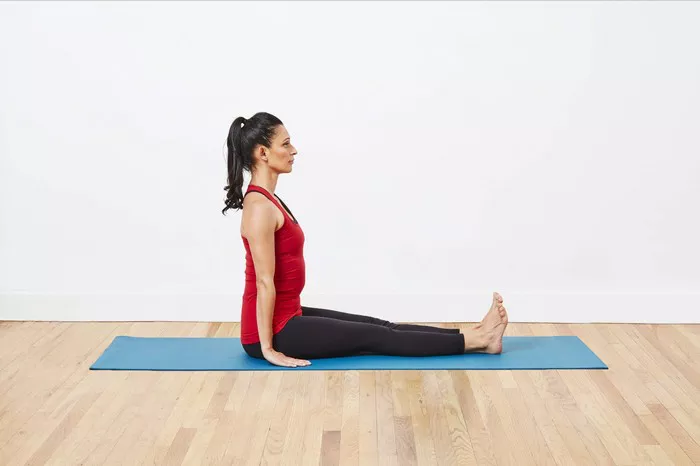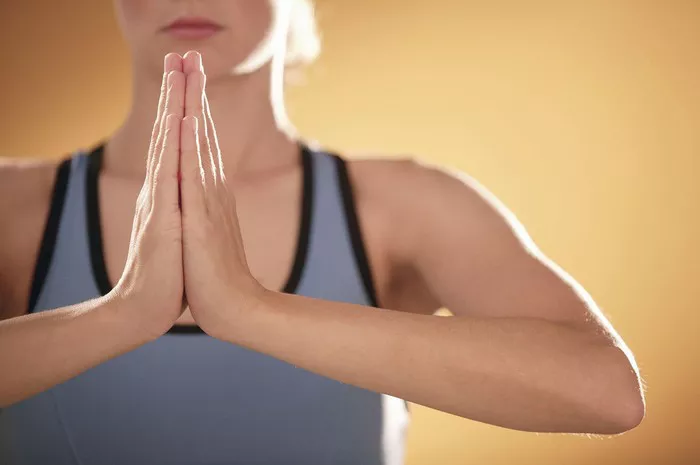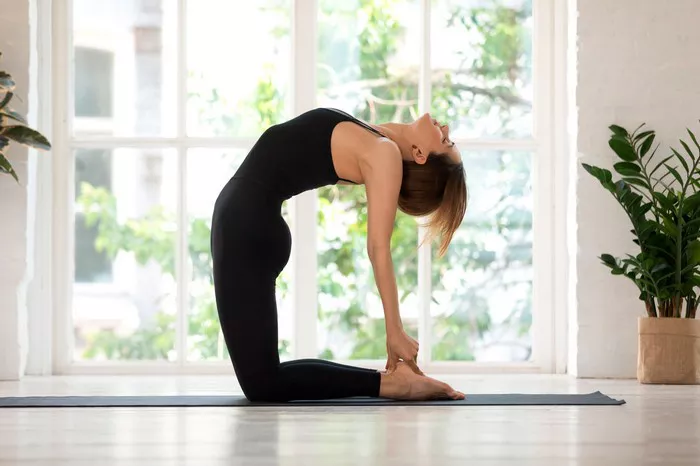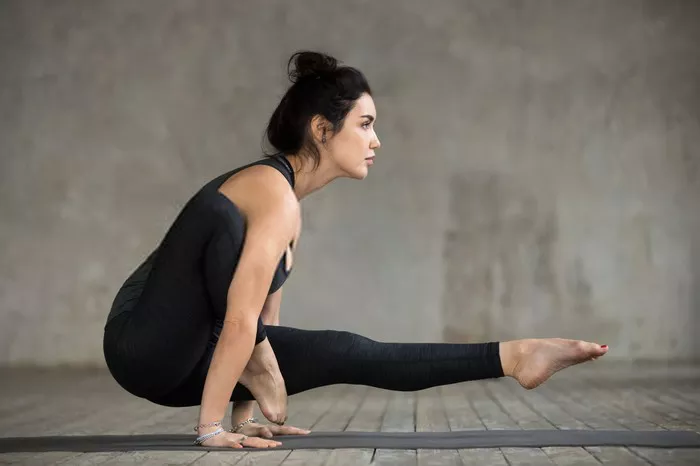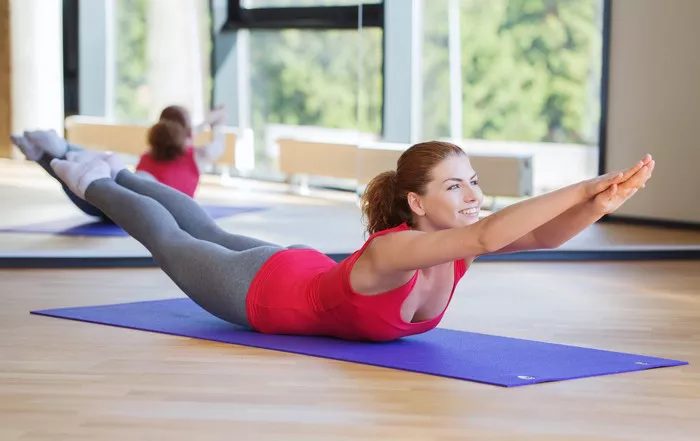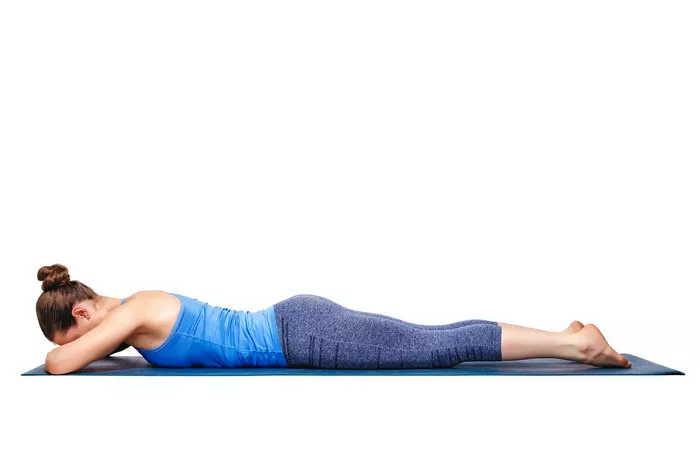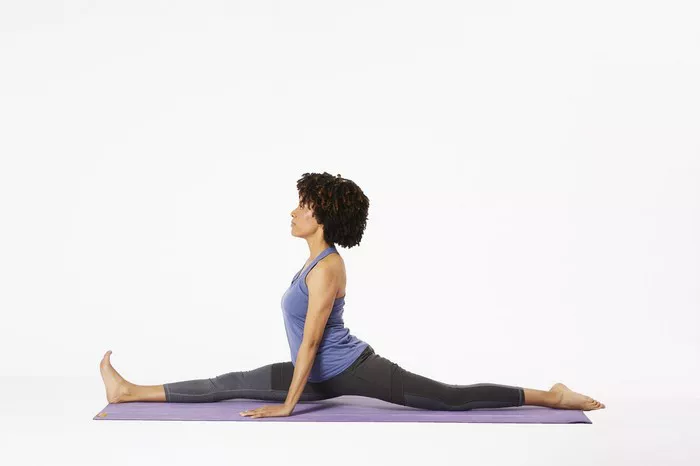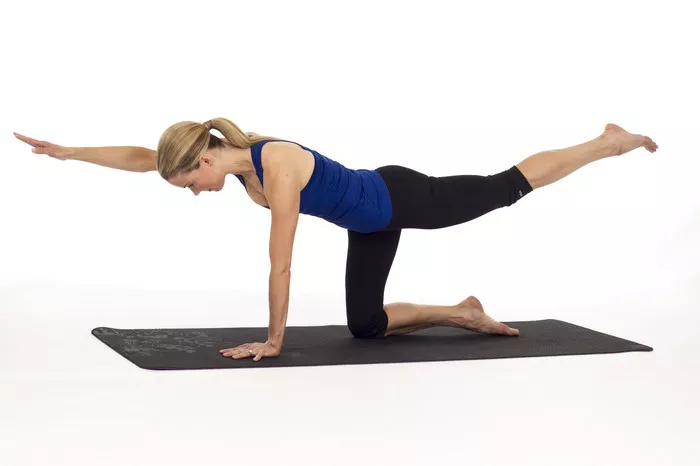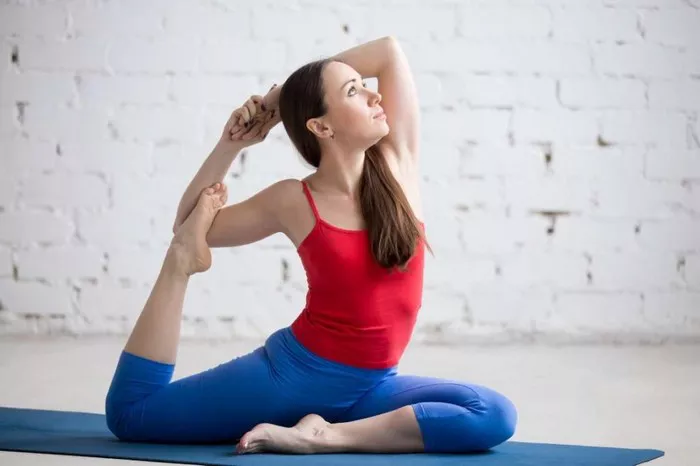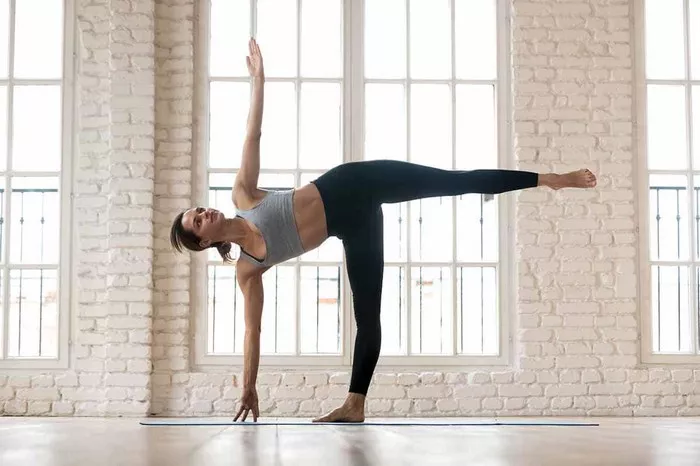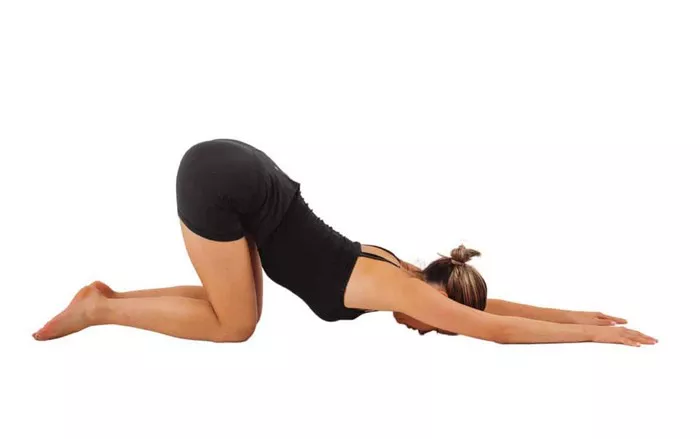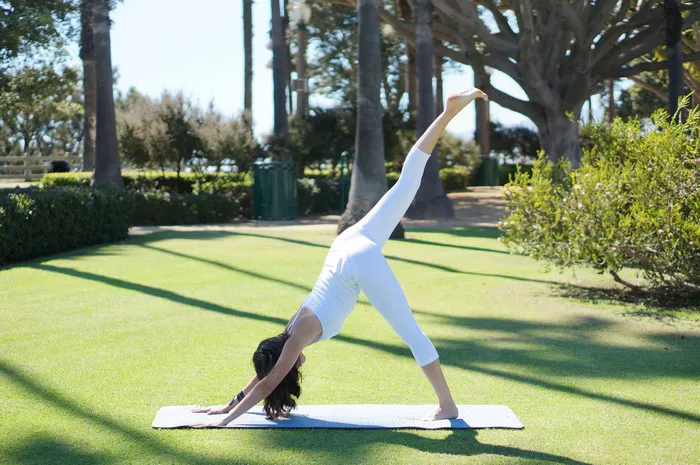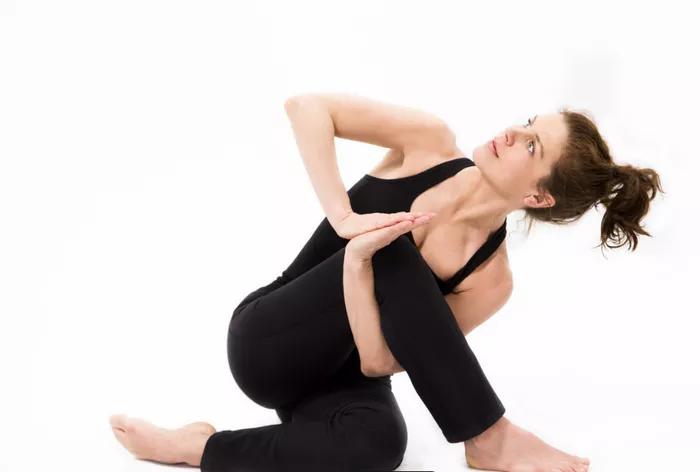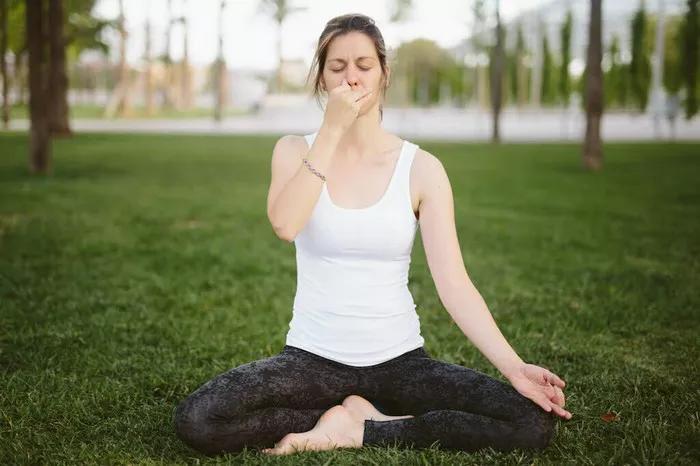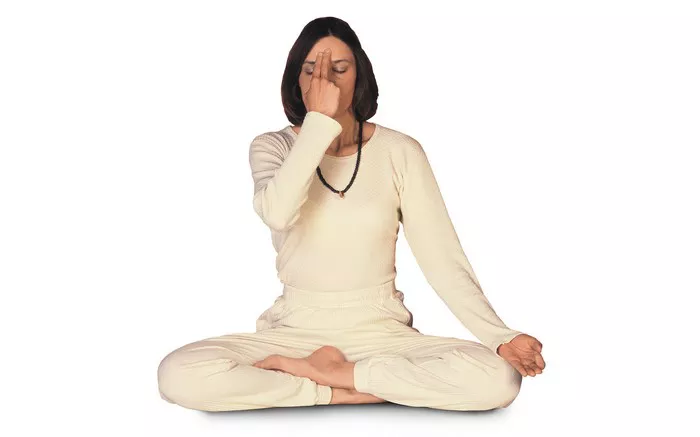Yoga has been practiced for thousands of years and has gained significant popularity in modern times. It is much more than just a physical exercise; it is a holistic approach to well-being that encompasses the body, mind, and spirit. The practice of yoga offers a wide range of uses and benefits that can positively impact various aspects of our lives. From enhancing physical health to promoting mental clarity and emotional stability, yoga has something valuable to offer for everyone.
Physical Health Benefits
Improved Flexibility: One of the most noticeable uses of doing yoga is the improvement in flexibility. Through a variety of poses such as forward folds, backbends, and twists, the muscles and joints are stretched and lengthened. For example, in a seated forward fold, the hamstrings are gradually stretched, allowing for greater range of motion over time. This increased flexibility can help prevent injuries in daily activities and sports, as well as reduce muscle soreness and stiffness.
Enhanced Strength: Many yoga poses require the activation and strengthening of different muscle groups. Poses like Warrior I and II build strength in the legs, while plank pose and chaturanga strengthen the arms, shoulders, and core. The isometric contractions involved in holding these poses help to tone and define the muscles. Even seemingly simple poses like Downward Facing Dog engage multiple muscle groups, contributing to overall body strength.
Better Posture: Regular yoga practice can correct poor posture. Poses that focus on opening the chest and strengthening the back muscles, such as Cobra Pose and Upward Facing Dog, counteract the effects of sitting for long periods. By strengthening the muscles that support the spine and improving body awareness, practitioners are more likely to maintain a correct and upright posture, reducing the risk of back and neck pain.
Mental Clarity and Focus
Stress Reduction: Yoga is renowned for its stress-relieving properties. The combination of physical movement and breath awareness helps to activate the parasympathetic nervous system, which counteracts the stress response. When we focus on our breath during a yoga session, it distracts us from the worries and anxieties of daily life. For instance, in a restorative yoga pose like Savasana, the body and mind are allowed to completely relax, releasing tension and stress.
Increased Concentration: The need to maintain balance and flow in a yoga sequence requires concentration. As we move from one pose to another, we must be present and focused on our body’s movements and the breath. This practice of concentration in yoga can translate into improved focus in other areas of life, such as work or study. For example, during a complex Vinyasa flow, the mind is trained to stay centered and avoid distractions.
Mental Relaxation: The meditative aspects of yoga, such as the repetition of mantras or the focus on a single point, induce a state of mental relaxation. This allows the mind to let go of racing thoughts and enter a calmer state. In a yoga class, the quiet and peaceful environment further enhances this relaxation, providing a break from the hustle and bustle of the outside world.
Emotional Well-being
Boosted Self-Esteem: As we progress in our yoga practice and master new poses or sequences, our self-esteem and confidence grow. Achieving a challenging pose that was once difficult gives a sense of accomplishment. Moreover, the body awareness and self-acceptance that yoga promotes also contribute to a more positive self-image. For example, a person who was initially self-conscious about their body may become more comfortable and confident as they experience the non-judgmental environment of a yoga studio.
Emotional Balance: Yoga helps to regulate emotions. The breath work and physical movements can release pent-up emotions and provide a healthy outlet for stress and anxiety. For instance, a vigorous Vinyasa practice might allow a person to let go of anger or frustration in a productive way. Additionally, the relaxation and self-reflection that occur during and after yoga can lead to a more stable emotional state, reducing mood swings and promoting overall emotional well-being.
Spiritual Growth
Self-Discovery: The practice of yoga encourages self-reflection and self-discovery. Through the exploration of different poses and the connection with the breath, we can gain a deeper understanding of ourselves, our bodies, and our minds. For example, in a Yin yoga practice, where poses are held for an extended period, we have the opportunity to observe our thoughts and emotions as they arise, leading to greater self-awareness.
Connection with a Higher Power: For some, yoga is a spiritual journey that leads to a connection with a higher power or a sense of universal energy. The chanting of mantras, the focus on the breath as a life force, and the overall sense of unity and harmony in a yoga practice can create a spiritual experience. This connection can provide a sense of purpose and meaning in life, and a feeling of being part of something greater than oneself.
Social and Community Aspects
Sense of Community: Participating in a yoga class or a yoga community provides a sense of belonging. Sharing the practice with others, whether it’s in a studio or an outdoor yoga event, creates a bond among practitioners. The support and encouragement from fellow yogis can be motivating and inspiring. For example, in a group yoga class, students can learn from each other’s experiences and progress, and form friendships based on a shared interest in yoga.
Cultural Appreciation: Yoga has its roots in ancient Indian culture. By practicing yoga, we can gain an appreciation for this rich cultural heritage. Learning about the history and philosophy behind yoga poses and practices can expand our cultural knowledge and understanding. For instance, understanding the significance of the chakras in yoga can give us insights into different aspects of human energy and consciousness.
Conclusion
The uses of doing yoga are vast and far-reaching. It is a practice that can transform our physical health, mental clarity, emotional well-being, and even our spiritual growth. Whether you are seeking to improve your flexibility, reduce stress, boost self-esteem, or connect with a community, yoga offers a path to achieve these goals. By incorporating yoga into our daily lives, we can experience a more balanced, healthy, and fulfilling existence.
Related topics



